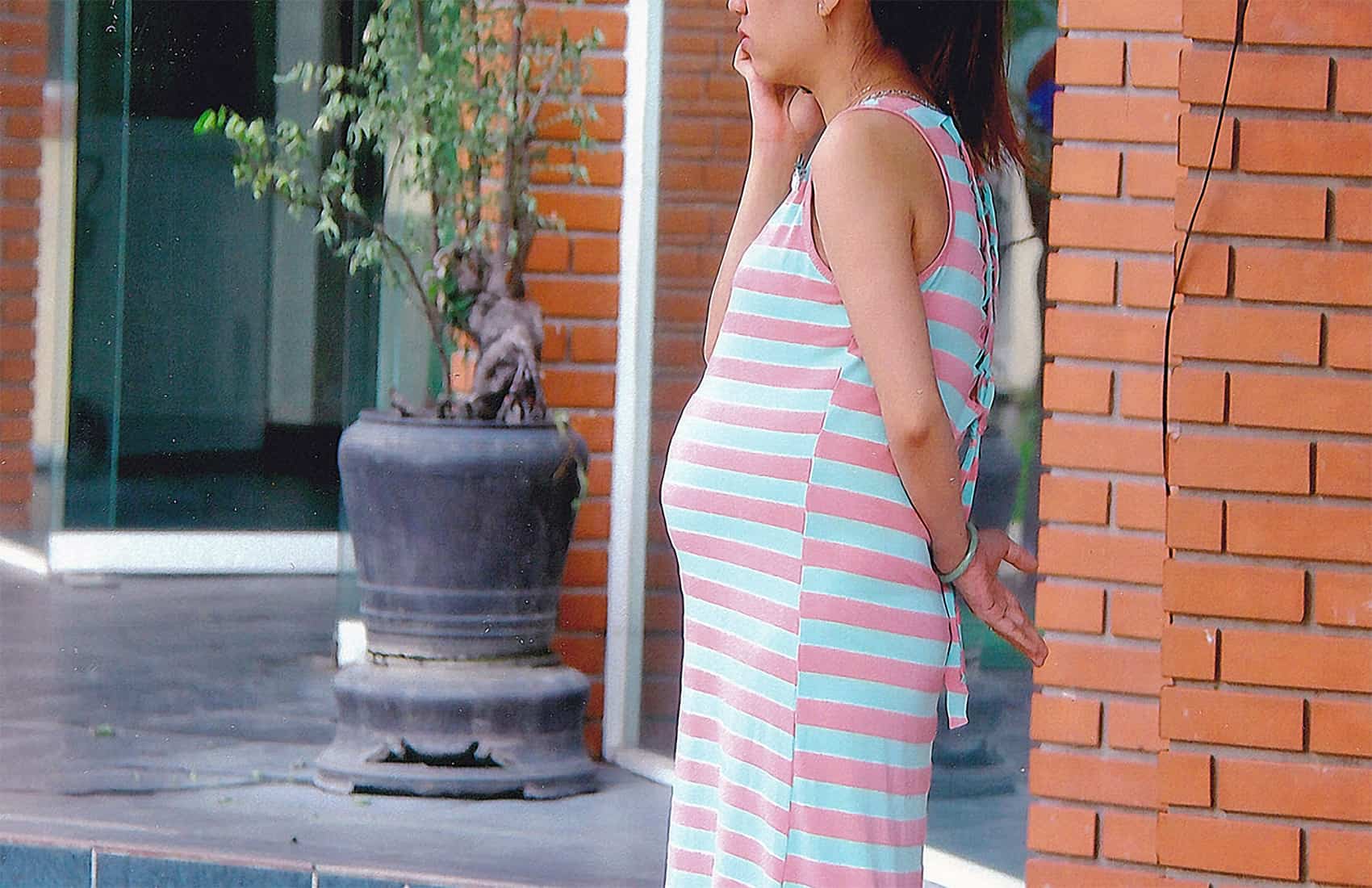The recent liberation of Salvadoran woman Teodora Vásquez after 11 years of prison for having an abortion has drawn increased attention to the dramatic situation faced by women in Central America today, with strict anti-abortion laws in various countries.
During the past two decades, El Salvador, Nicaragua and Honduras prohibited therapeutic abortion – abortion carried out out of medical necessity – thus denying hundreds of women access to safe medical services when they experience medical crises during pregnancy.
A judge commuted the rest of Vásquez’s 30-year sentence, of which she had served 11 years. The justice system had classified the abortion of her fetus as aggravated homicide.
Following her release on Thursday, Amnesty International asked for “the immediate suspension of the application of the abortion law” and the release of at least 27 female inmates in El Salvador “because of the draconian Salvadoran abortion laws.”
“Truly, this law is unjust because it condemns women to death and the repercussions for a family are very serious, both economically and in terms of the care of other children who are left alone,” said Magaly Quintana, director of the Nicaraguan chapter of Católicos para el Derecho a Decidir (Catholics for the Right to Choose).
The activist said it is difficult to obtain reliable data on the number of women who have died as a result of such laws or the number of abortions practiced “because of the secrecy about homicides, maternal mortality and everything that questions the State.”
Read more about therapeutic abortion in Costa Rica:
Therapeutic abortion: a Costa Rican right ensnared in doubts and fears
Nicaraguan Vice President Rosario Murillo reported the death of a woman in Nicaragua because of pregnancy complications, one week after another similar case.
“There are women who have died. We don’t have any official statistics, but we know of concrete cases where because of fear on the part of health personnel, women were not attended in time with the treatment that their obstetric condition warranted,” Martha Blandón, director for Nicaragua of the international nonprofit IPAS, told AFP. (IPAS focuses on ending preventable deaths and disabilities stemming from unsafe abortions.)
“We have come across various cases, but when we have tried to do a more in-depth study, we have found that the families, who are very poor, are afraid of confronting local authorities, or receive pressure or material goods to desist from denouncing the women’s deaths,” Blandón added.
Work in the shadows
Two cases of pregnant woman who illustrate the impact of these laws were those of Amalia in Nicaragua (2009) and Beatriz in El Salvador (2013). The first had cancer and the second lupus, and neither woman received adequate medical treatment, apparently because of the fear of health care professionals of damaging the fetus and provoking an abortion.
Amnesty International and the Inter-American Human Rights Court called upon the governments of Nicaragua and El Salvador, respectively, to provide medical attention to the women. The women eventually did receive treatment and gave birth, but their babies did not survive, and months later the women, too, perished. Women’s rights activists state that their deaths were caused by the delay in their treatment.
Quintana said that the entities that support women are more or less blindfolded because governments “do not publish data about maternal mortality. They would have to reveal the cases of women who died because of their pregnancies but who suffered from illnesses such as lupus, cancer, ectopic pregnancies – that is, all indirect obstetric mortalities.”
Quintana said that after Amalia’s case, health authorities in Nicaragua began to resolve therapeutic abortion cases “so as not to get involved in an international scandal.
“The Bertha Calderón Women’s Hospital [in Managua] has an unwritten, but explicit and clear, order that no woman is going to die because of [a lack of] a therapeutic abortion… But women who can’t make it to the Bertha Calderón face a horrible ordeal,” she added.
Despite the prohibition, there are no women in prison for abortion in Nicaragua.
In Guatemala and Costa Rica, abortion is allowed, but only in cases of risk to the health of the mother. Panama authorizes the practice if the pregnancy is the result of a rape or if the fetus is not viable.
According to data from the Health Ministry in El Salvador, at least 27 women died from complications related to abortion and ectopic pregnancy between 2011 and 2015. In Honduras, the Center for the Rights of Women estimated that the number of clandestine abortions in the country in 2017 was between 50,000 and 80,000.






